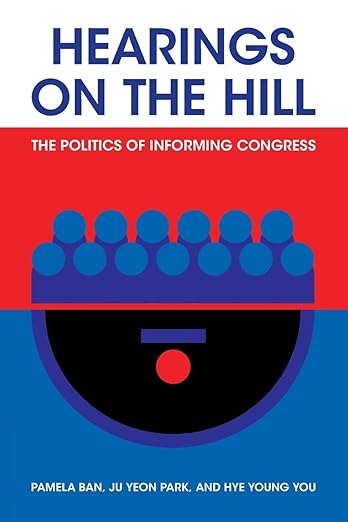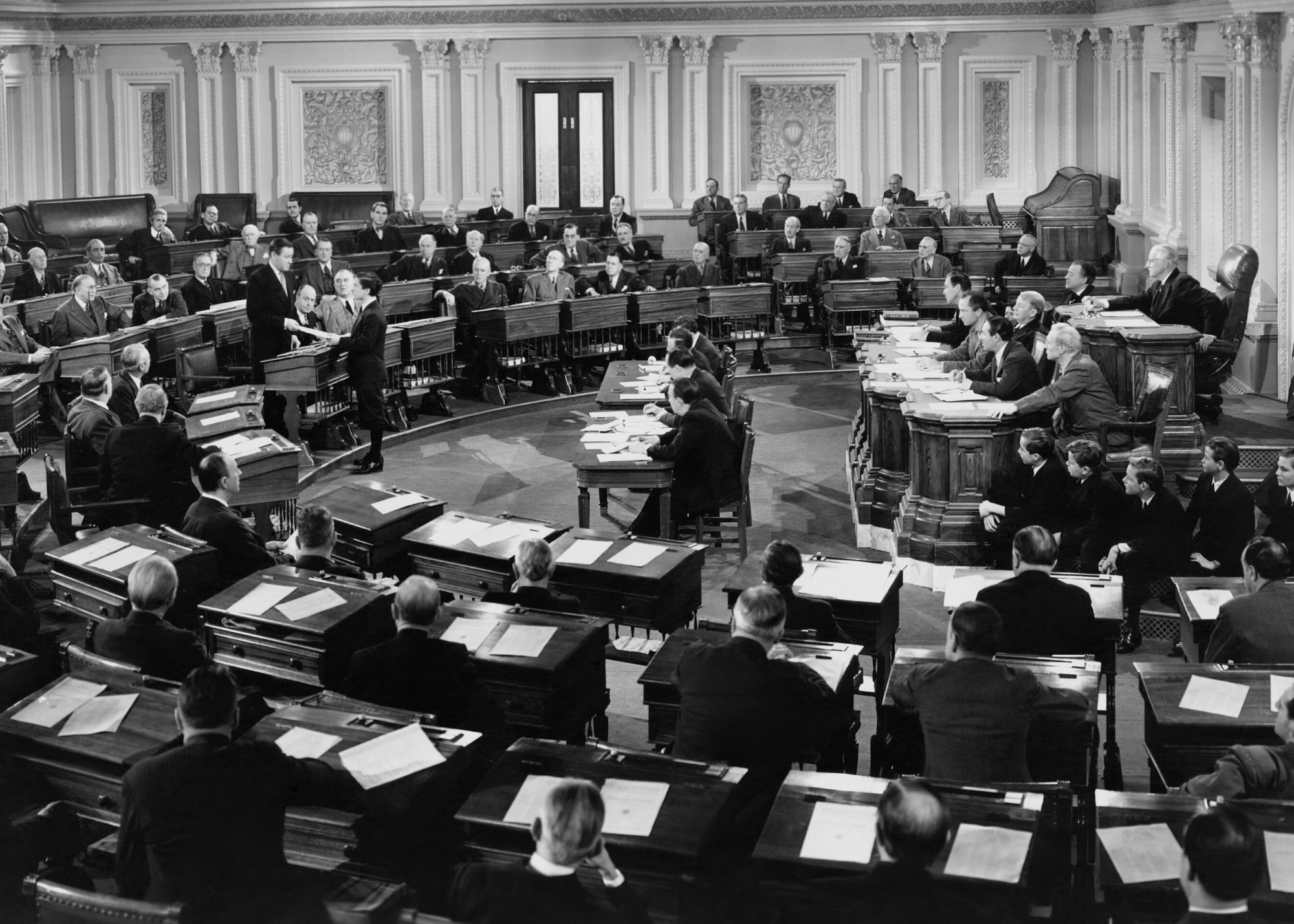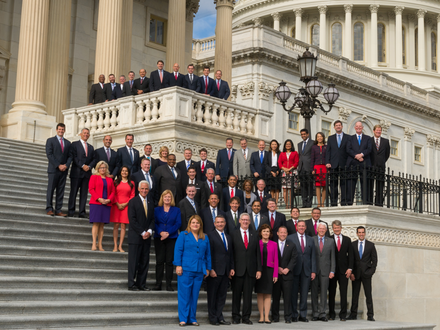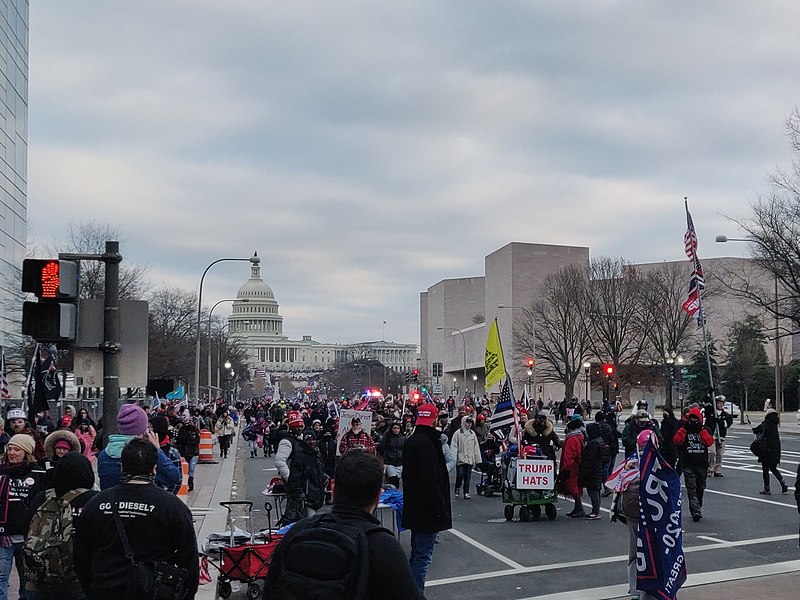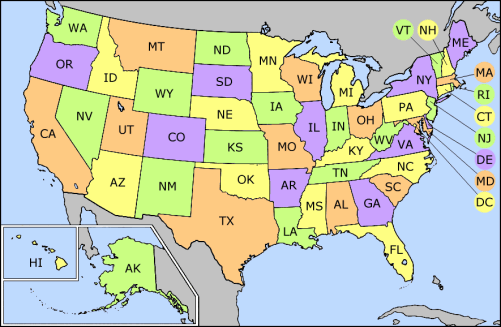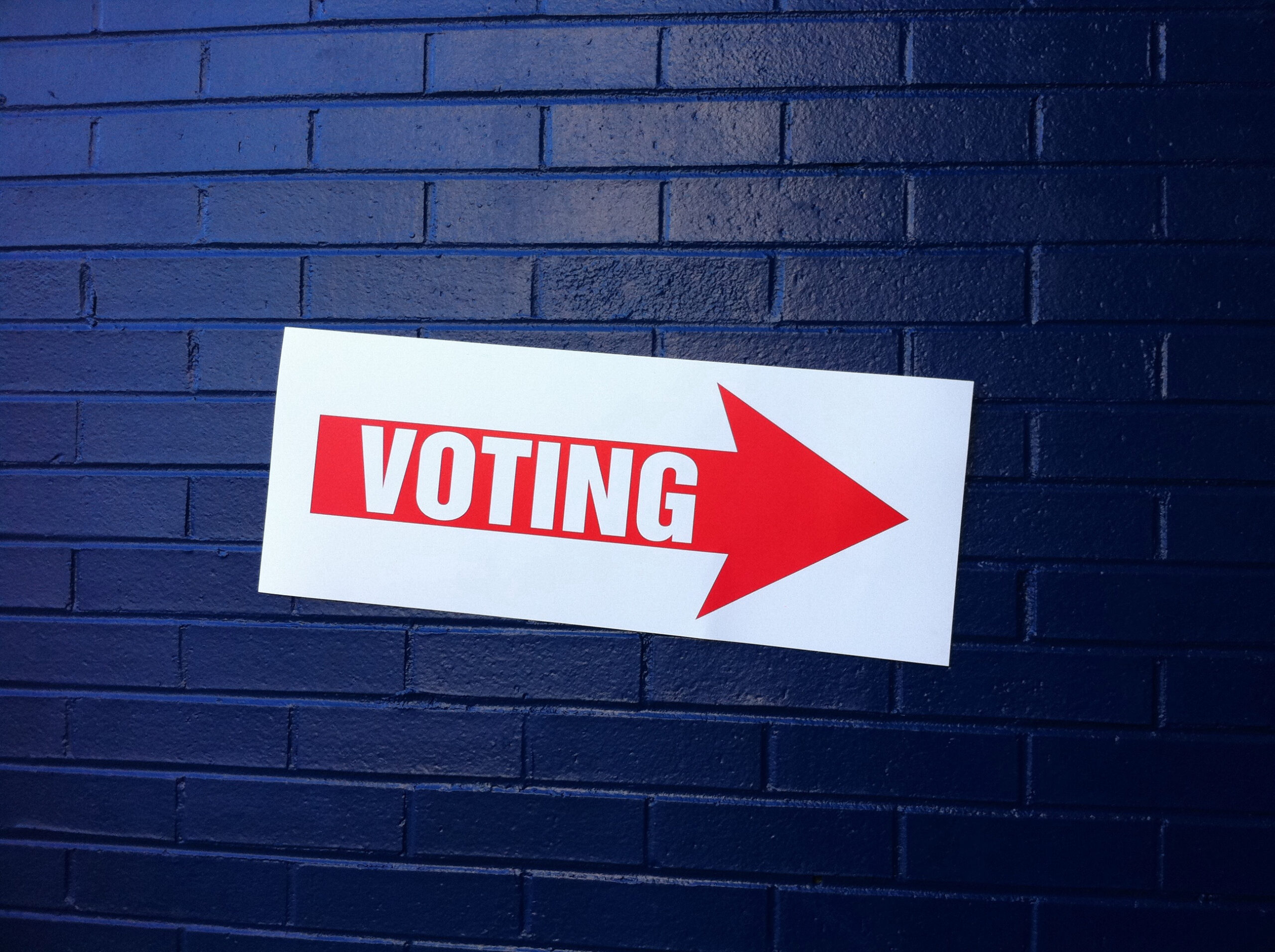Hearings on the Hill: The Politics of Informing Congress
Hearings on the Hill: The Politics of Informing Congress How do legislators, who are not policy experts, gather the information needed to make informed decisions? In a highly partisan environment, the flow of information in Congress is shaped by political competition, party leaders, and interest groups. Committees and hearings play a critical role in acquiring and disseminating this information, ultimately influencing the development of public policy in a democracy. In this new book, Assistant Professor Pamela Ban of the University of California, San Diego, Assistant Professor Ju Yeon Park of…

